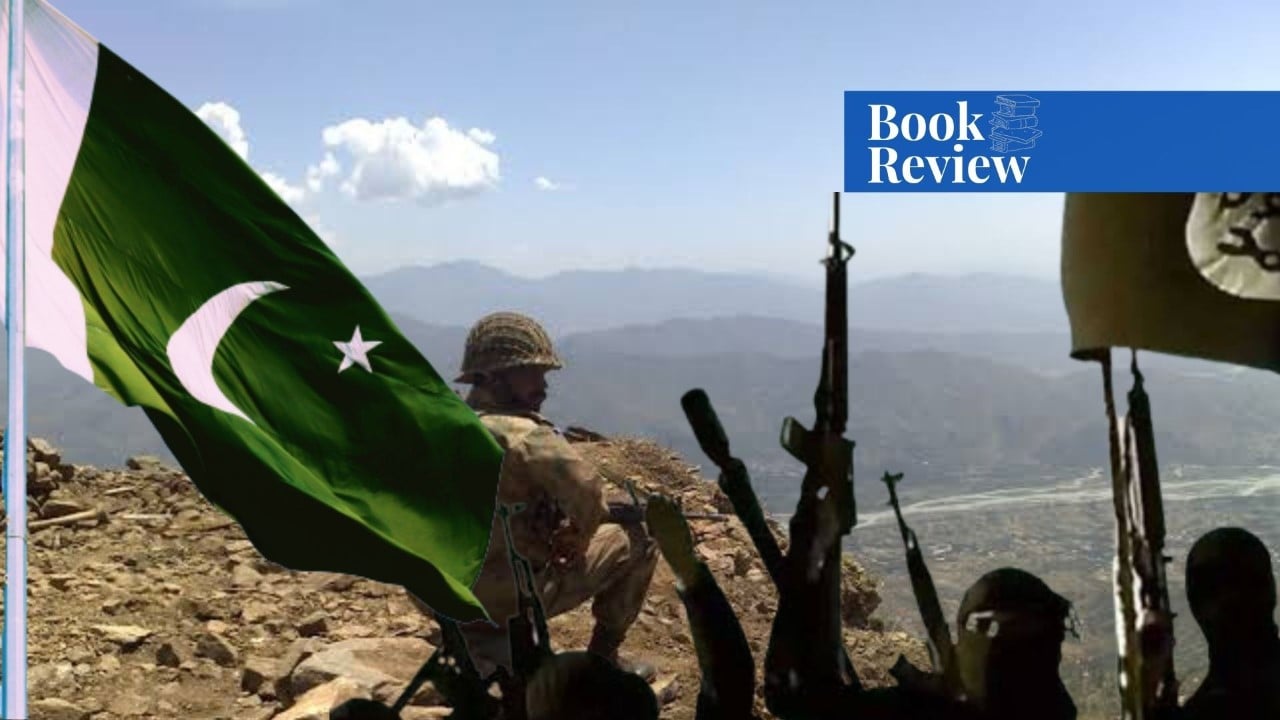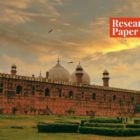Ms. Zaryab Fatima completed her Bachelor's in Sociology from the University of Sargodha.
Struck by Fundamentalism
Madiha Afzal’s book, “Pakistan Under Siege: Extremism, Society, and the State,” was published by the Brookings Institution Press in 2018. Pakistan has suffered greatly from terrorism. Terrorist activities by several militant groups in most parts of the country badly hit every sphere of society. Thousands of innocent civilians have lost their lives in terrorist activities conducted by Lashkar-e-Tayyiba (LeT), Al-Qaeda, Jaish-e-Muhammad, TTP, and the Afghan Taliban.
Pakistan under Siege provides a brief account of extremism and terrorism in Pakistan, with Madiha Afzal harking back to the stereotypes of violent extremists and cynical elites. The book provides a clear understanding of the extremist culture of Pakistan and links it with the role of the state and society in promoting terror groups.
The book is divided into six chapters in order to present a well-balanced and thoughtful account of extremism in Pakistan. The author discusses the role of terrorist organizations such as LeT, Al-Qaeda, Jaish-e- Muhammad, TTP, and the Afghan Taliban in detail. The author argues that in the western world Pakistan is perceived as a poor third world country that gave birth to terrorism.
This book takes up the issue with the depiction of extremism in the Pakistani state and society. Pakistan has its own problems, no doubt, but this book is exclusively linked with Pakistan’s struggle with the global war of terror, the assembling of jihadist training camps in Pakistan, and the Involvement of Pakistan in the terror attacks across the border.
Manipulation of the Curriculum
In her book, Pakistan Under Siege, Madiha Afzal lays out the difficulties faced by the state in its strategic miscalculations and misunderstandings of terror groups and the country’s explanation toward extremism. The author shows how the Pakistani state itself helped militant groups to promote in every suburb of the country for strategic rather than ideological reasons, as part of its countrywide project and spread of extremist narratives.
In her opinion, the state manipulated Pakistan’s education system and state laws through its extremist narrative. The author provides a brief account of education in terms of years in school, its curricula being taught in public and private schools, and the conditions of the madrassa system, which is often blamed for increasing extremism in the country. The author states that the state willfully used its history textbooks to spread its views of the world.
Madiha Afzal lists many events in which the state forcefully asked the publishers to add the word “jihad” in textbooks. Pakistan has biased textbooks, which are used to indoctrinate students in an explicitly nationalistic narrative. For the in-depth analysis of the education system, the author uses quantitative analysis of survey data, textbooks, teaching materials, and interviews with students.
The Citizens and the State
The author also questions the views of ordinary citizens of Pakistan by citing her own research findings parallel to the research findings of the Pew Research Center. She explains citizens’ complex attitudes towards terrorist groups and their understanding of Pakistan share in the global war on terror.
She mentions the perceptions of the Pakistani society towards religious minorities, the world order, and Pakistan’s contributions. According to the author, Pakistani politics assimilated an interrelationship between the military, the democratic government and the Islamist parties to define the relative strength of three power groups of the country.
The author identifies the role of each power group in building Pakistan’s opinion towards extremism through its actions, narratives, and relationships with militant groups. Along with the political arena, she believes that the Pakistani state used its educational institutes as a powerful medium in shaping the mindsets of its citizens.
To sketch out the true picture of extremism in Pakistan, the author uses a novel methodological approach by combining rigorous analysis, interviews, and historical narratives. She keenly highlights each event with necessary details. The detailed explanations of the state, society, politics, policy, terrorism and extremist groups compel the reader to read the book in one sitting.
Madiha Afzal concludes that in spite of extremism and terrorism, there is still hope for stability and prosperity. This book is a must-read for students specializing in foreign policy, public policymaking and political science to get a better yet critical understanding of extremist narratives.
If you want to submit your articles, research papers, and book reviews, please check the Submissions page.
The views and opinions expressed in this article/paper are the author’s own and do not necessarily reflect the editorial position of Paradigm Shift.



















